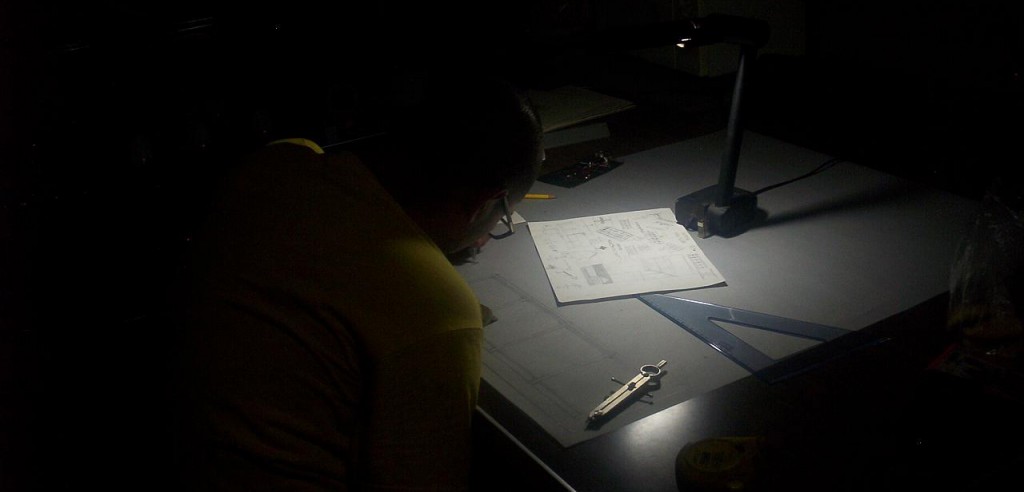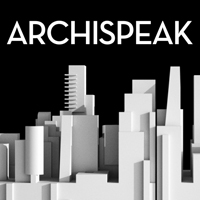Just a few More Hours…
At our firm, the office mantra is “Record all hours you work on the project, including overtime hours even if you aren’t paid for them,” The reason for this is simple, when writing proposals for new projects, we mine the hourly data from previous projects continually, in an attempt to better refine our contracts. Sure, you threw that schematic design package together in a week, but it didn’t take you just 40 hours, and so it would be absurd to assume that the next similar project would take only 40 hours. No, it took you an additional 20 hours of overtime that week to hammer it out, so write it down.
But where does that fee go?
Well, as with a lot of professions, you can’t always do a straight value analysis of each project as either being success or failure based simply upon it’s profitability. Things happen, clients make decisions, contractors bid different things, the design process is a fluid dynamic. A mentor of mine once said “You can’t make money on every project, you just need to make money on most of them,” and there is a lot of truth in that. However, we attempt, very diligently, to craft our fee proposals to both work within the hours required, and the cost the client is willing to pay and we work just as diligently to finish that project within the time and fee allowed. Recently, though, a rather grave question has come more and more to the forefront of my thinking:
In this post-recession reality, can the business of architecture legitimately sustain itself without unpaid overtime?
I’ve gone back and reviewed the financials on several of my projects, and while I obviously won’t share the details here, I’ve really started to question this. Companies have always relied on the inexpensive billable hours of young staff, but increasingly, with stagnate or declining fees, it appears that financial relief is coming more and more through a cross section of “free” labor within the firm. Essentially, we’re headed toward working more hours to get paid the same (or less) in order to support competitive salaries.
The profession itself is in a ripe state for this. Too many employees have been unemployed for so long that when they finally get back in the game they are quite happy to put in more than the extra effort, if asked. Clients are still leveraging fees with a wealth of still hungry firms eager to take on new work. While I feel the profession was very successful at not allowing the standard of fees to drop too far during the downturn, we are essentially three years on now, and still scrambling to get back to where we were.
Now, my analysis is more shooting from the hip that a serious investigation. Much of this is guessing the speed of the ship by the vibrations on the running boards, but I’m curious if anyone else in the profession has felt this. Please comment…
Image via Marcelo Jose Blanco whose Flickr Photostream you can view here.



